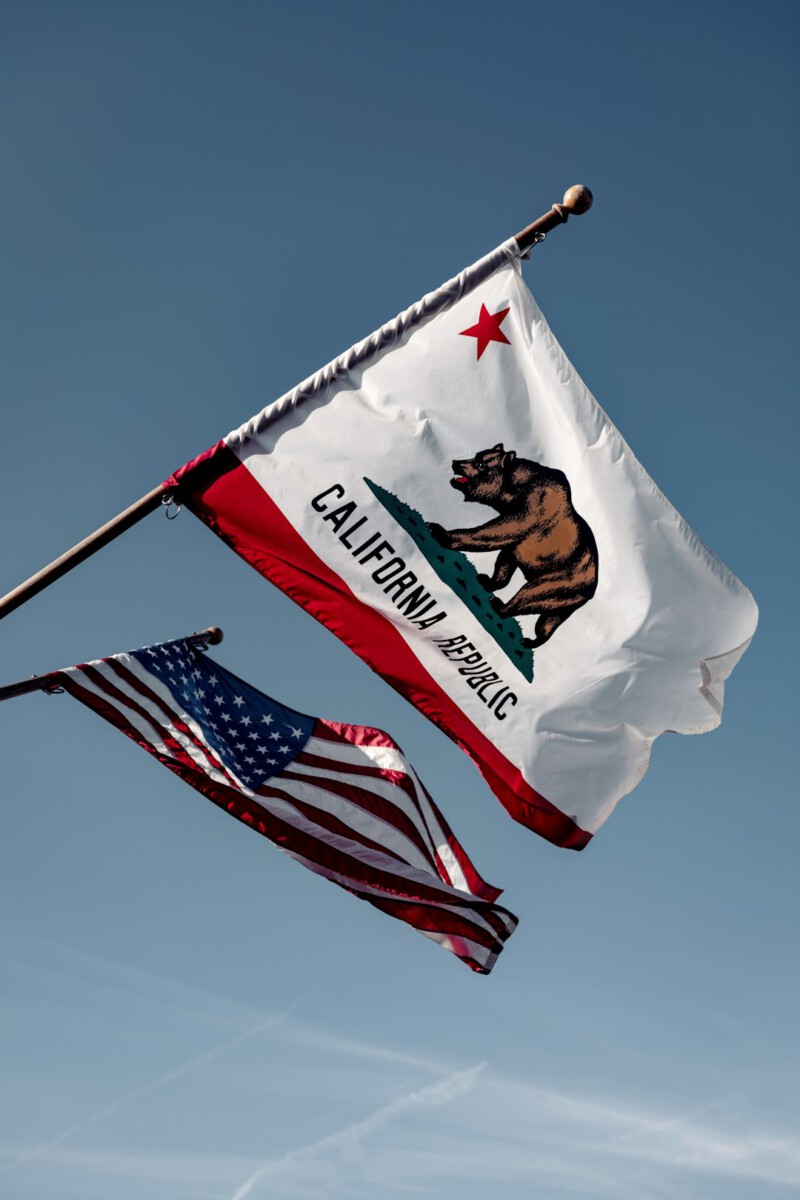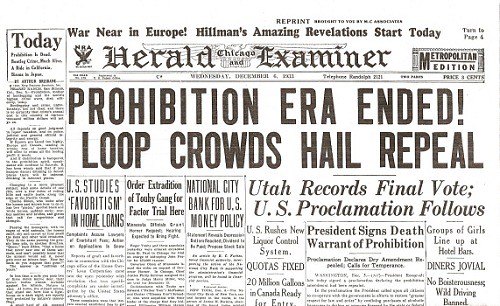California Takes the Lead in Taming AI (Image Credits: Unsplash)
California – Amid the golden glow of a late fall afternoon in Sacramento, tensions simmer as state leaders forge ahead with AI safeguards, setting the stage for a high-stakes showdown with Washington.
California Takes the Lead in Taming AI
Picture this: while the rest of the country debates the basics, California just inked a groundbreaking law that demands AI companies spill the beans on their risk assessments. It’s a bold step, one that could reshape how tech giants operate right here at home. Governor Newsom’s signature on SB 53 marks the state’s first big swing at regulating frontier AI models, those powerful systems pushing the boundaries of what’s possible.
This isn’t just paperwork. Companies now face requirements to report safety measures and potential harms, with penalties lurking for those who drag their feet. It’s California’s way of saying innovation can’t come at the expense of public safety. Early signs show this could influence other states, but federal forces are circling.
Trump’s Bold Move to Override State Power
Enter the White House, where President Trump’s team is drafting an executive order to slam the brakes on state-level AI rules. The goal? Centralize control and keep things light on regulations to fuel what they call an AI boom. This comes hot on the heels of failed attempts in Congress to impose a 10-year moratorium on state laws.
Supporters argue it’s essential for America to outpace rivals like China in the tech race. Yet critics worry this could leave gaps in protecting consumers from AI pitfalls, from deepfakes to biased algorithms. The draft even hints at withholding federal funds from non-compliant states, turning up the heat on places like California.
Tech Titans Cheer the Federal Push
Silicon Valley’s heavy hitters are all in on Trump’s vision. Leaders from companies dominating the AI space see state patchwork rules as a nightmare that slows down progress. They’ve lobbied hard for a unified, hands-off approach, warning that overregulation could drive talent and investment overseas.
Take the numbers: California hosts over 30 of the world’s top AI firms, but execs fear local laws could crimp their edge. It’s a classic tale of industry versus oversight, with billions at stake. Still, not everyone’s on board; some voices in tech call for balanced guardrails to build trust.
The Stakes in This Regulatory Tug-of-War
At its core, this battle boils down to who calls the shots on AI’s future. California’s model emphasizes transparency and accountability, aiming to prevent misuse in areas like hiring or healthcare. Trump’s counterpunch prioritizes speed, betting that fewer rules mean faster breakthroughs.
Legal experts predict court challenges if the executive order lands. States rights advocates are already mobilizing, pointing to California’s track record on privacy laws as proof that local action works. The outcome could redefine federalism in the digital age.
Global Ripples from the U.S. Divide
Beyond borders, eyes are on this drama. The EU’s strict AI Act sets a high bar, and if Trump succeeds, the U.S. might lean toward a looser framework. China, meanwhile, pushes state-controlled AI, making the American infighting all the more critical for global leadership.
For everyday folks, it means wondering if your next job interview or loan decision will be swayed by unchecked algorithms. California’s push could inspire a wave of state innovations, but federal override might streamline things – or stifle them.
Voices from the Frontlines
Experts like former judges and AI pioneers have weighed in, praising California’s proactive stance as a blueprint for sensible policy. They argue it’s vital to address ethical blind spots before they explode into real-world problems. On the flip side, industry reports highlight how red tape could cost jobs and slow R&D.
Public sentiment on social media buzzes with mixed reactions – some hail California as a protector, others decry it as anti-progress. Polls show a split, with urban areas favoring rules and rural ones leaning toward freedom.
Key Takeaways
- California’s SB 53 requires AI firms to disclose risks, effective now.
- Trump’s draft order aims to block state laws, potentially via funding cuts.
- Tech industry backs deregulation to stay competitive globally.
In the end, this clash isn’t just about code and laws – it’s about shaping a future where AI serves us all without running amok. As the dust settles, one thing’s clear: the race for AI dominance will hinge on who balances innovation with caution best. What side are you on in this tech showdown? Share your thoughts in the comments.






